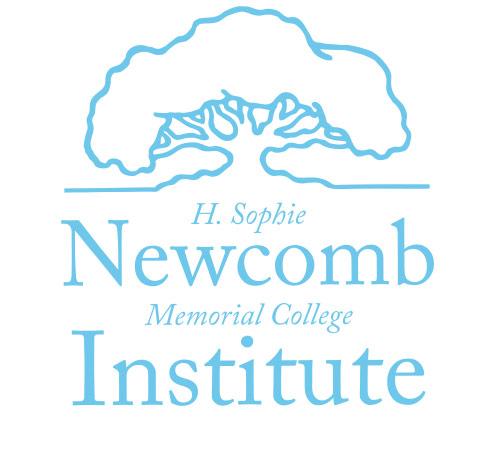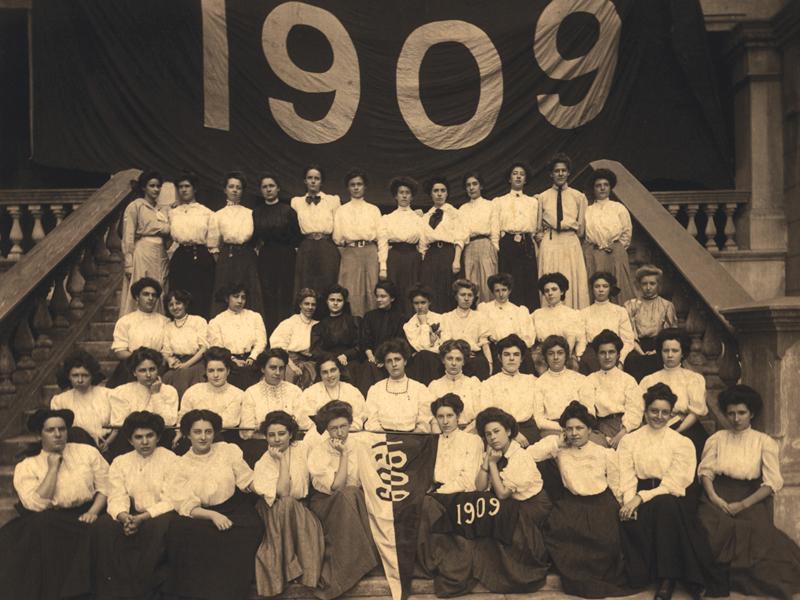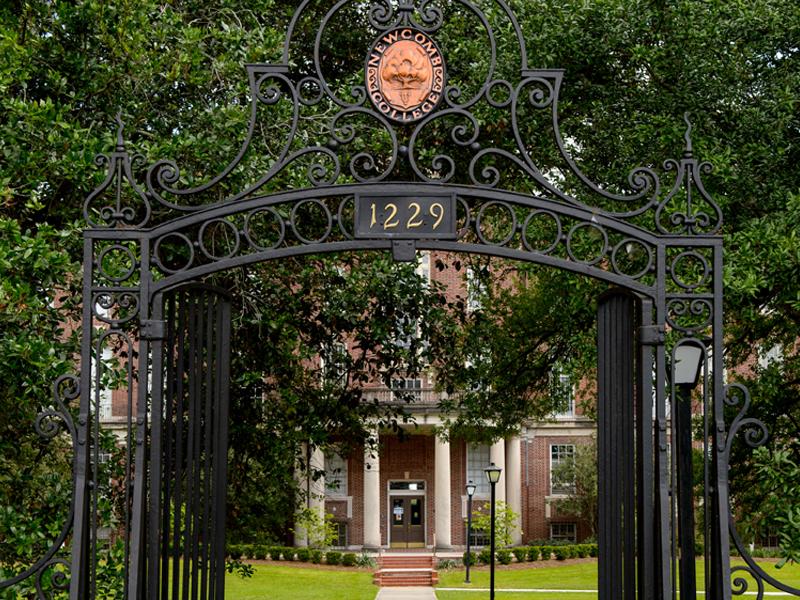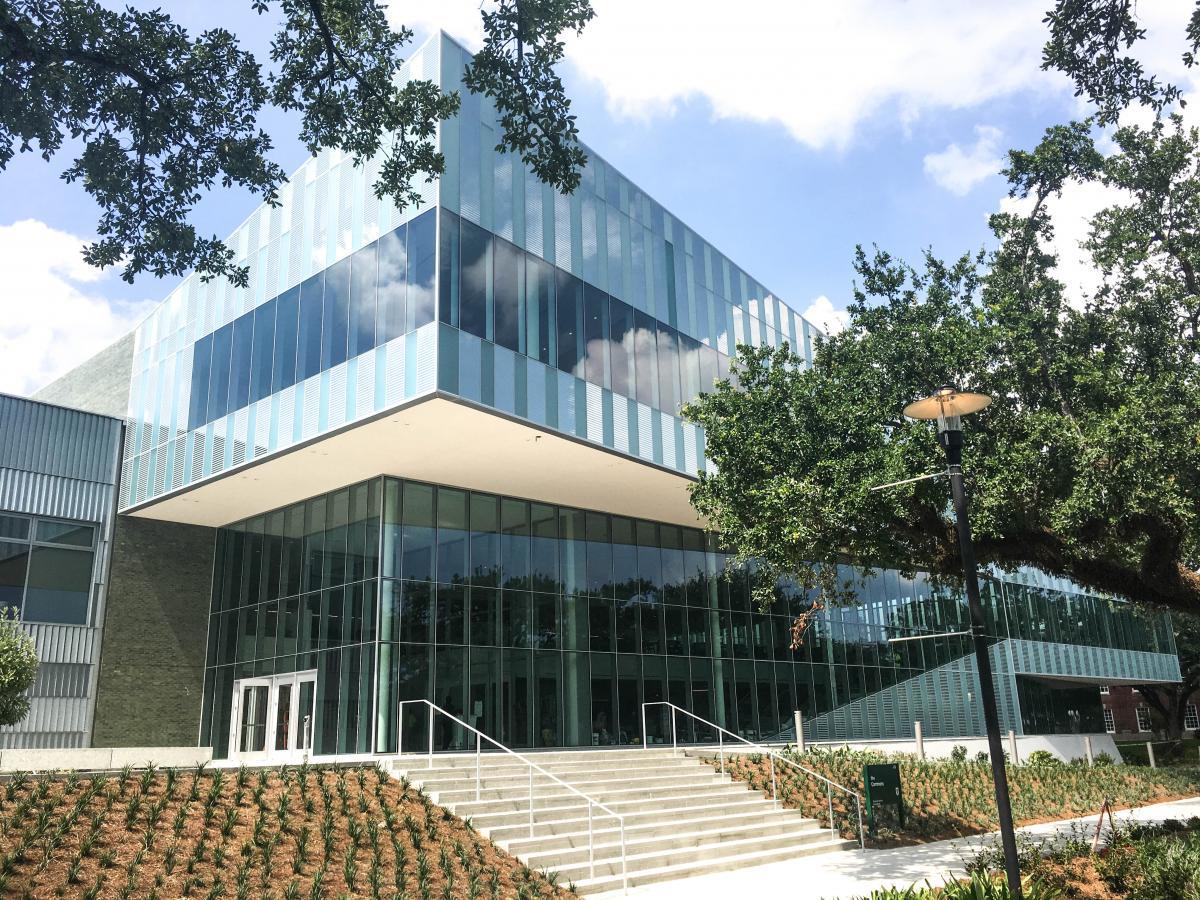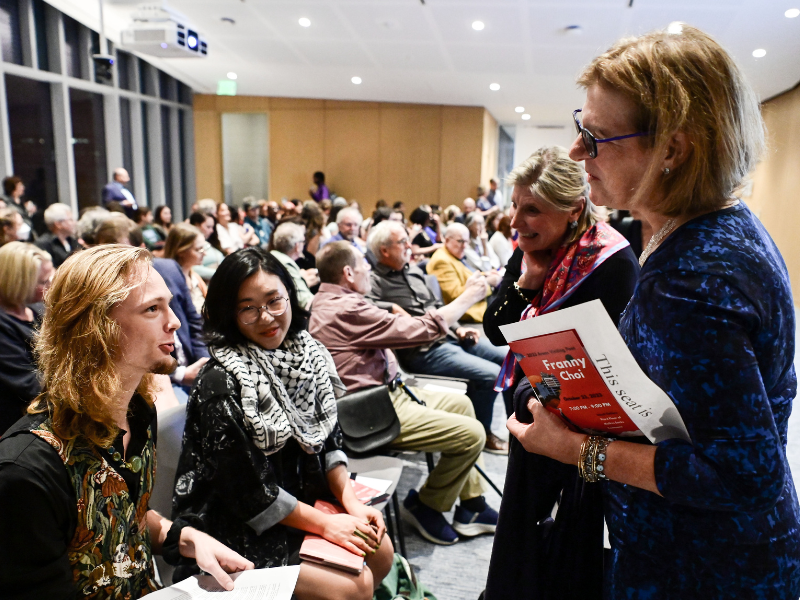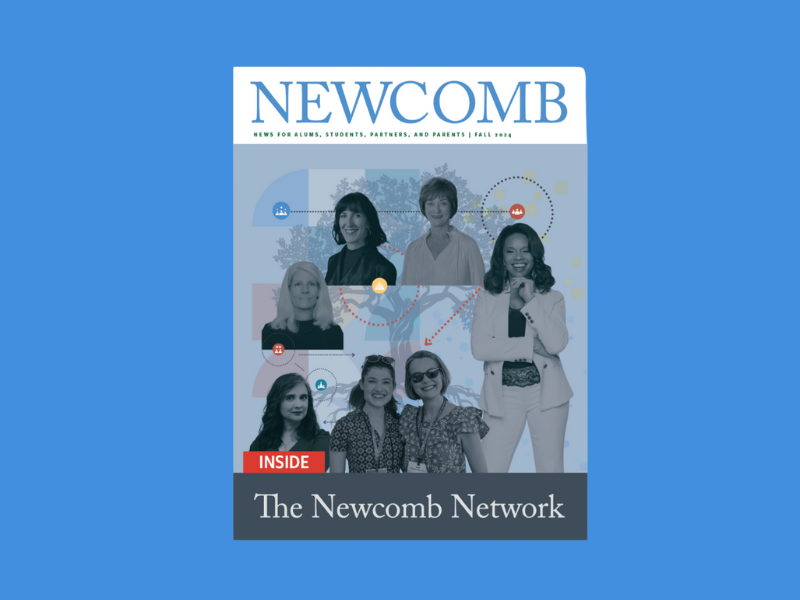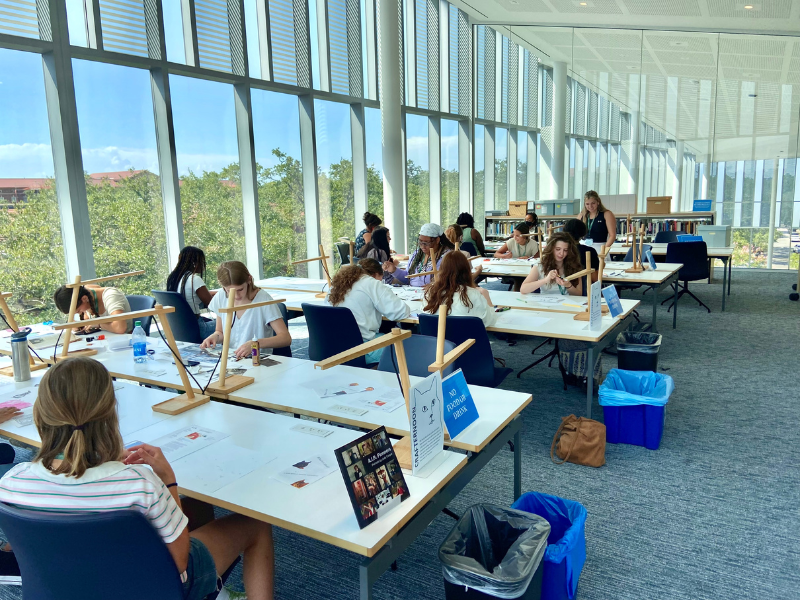Newcomb Institute is a groundbreaking academic center at the leading edge of local to global gender equity research, and building the next generation of gender equity focused scholars, leaders, and professionals via focused training opportunities for undergraduate students at Tulane University.
Carrying forward the legacy of Newcomb College, which was founded in 1886 as the first coordinate women’s college in the United States, Newcomb Institute supports students to build skills, opportunities, and careers to advance society- critically, creatively, and sustainably.
Newcomb Institute Vision and Mission
Newcomb Institute's vision is a world without gender barriers in which all people are empowered to live with dignity and agency.
Newcomb Institute is leading the way in research and training on gender equity and women's empowerment by building the data for social change and preparing the next generation of gender equity scholars and leaders.
Newcomb Institute Research Priorities
Our multidisciplinary feminist approach involves generating scholarly work, convening stakeholders, and documenting histories of people who have faced systematic gender-based marginalization. Through this work, we generate knowledge and evidence-based solutions that address the barriers and restrictive gender norms that harm all people. In collaboration with academic institutions, policymakers, and civil society organizations we advocate for policies and practices that promote gender equity.
Priority areas for research and training (2023-2028):
- Protection of sexual and reproductive health and rights
- Prevention of gender-based and discriminatory violence, including intimate partner violence, sexual harassment and sexual assault, and homophobic and transphobic discrimination
- Strengthening feminist civic and community engagement through development of student leaders and community members as change agents
We acknowledge and pay tribute to the original inhabitants of this land. The city of New Orleans is a continuation of an indigenous trade hub on the Mississippi River, known for thousands of years as Bulbancha. Native peoples have lived on this land since time immemorial, and the resilient voices of Native Americans remain an inseparable part of our local culture. With gratitude and honor, we acknowledge the indigenous nations that have lived and continue to thrive here.
